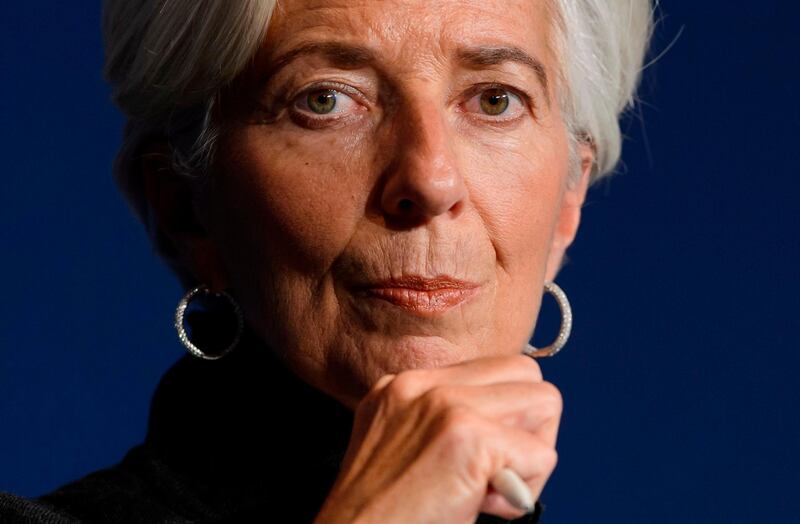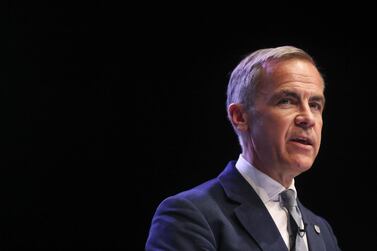Christine Lagarde is set to join what remains a minority of women in senior roles at euro-area central banks.
While she’s secured the top job at the European Central Bank, all the permanent governors in the currency bloc’s 19 members are men. Female representation in high-ranking positions is still lacking at the Frankfurt-based institution and most of the national monetary authorities.
The European Central Bank wants to boost the share of women in senior management positions to 28 per cent by year-end and has made headway since setting targets in 2013. Mentoring, interview training and child benefits would help, an ECB working paper found.
But the bank’s Governing Council and Executive Board, where politicians make appointments, remain male dominated. Only two of 25 members are women.
Elsewhere, the Central Bank of Ireland performs best, with 40 per cent of its senior management posts going to women. At the other end of the scale, Luxembourg and Malta have none. Estonia and Cyprus have the most female employees but many are in lower-level positions.
For Ms Lagarde, it’s not just a matter of gender equality.
“Adding one more woman in a firm’s senior management or corporate board - while keeping the size of the board unchanged - is associated with an 8 to 13 basis-point higher return on assets,” she said in March. “If banks and financial supervisors increased the share of women in senior positions, the banking sector would be more stable too.”







